One of the key features of late Obama-era American foreign policy is the dominant mythology that all American – and, by extension, any western – military intervention in the Middle East is doomed to failure. President Obama has said as much, with increasing intensity, in a series of interviews, and it appears to have risen to an article of faith in the White House.
In his recent conversations with The Atlantic’s Jeffrey Goldberg, Mr Obama extended this principle to Russia’s intervention in Syria. He spoke of enormous costs and claimed that “the notion that somehow Russia is in a stronger position now in Syria … is to fundamentally misunderstand the nature of power in foreign affairs or in the world general. They are overextended. They’re bleeding,” he insists.
Neither the reality nor the assessments of his own officials corroborate Mr Obama’s opinion. Russia seems to have achieved a major effect on the strategic situation on the ground, in favour of itself and its allies, Iran and Bashar Al Assad, at limited cost and without being particularly overextended, let alone bleeding.
Mr Obama, it would seem, simply assumed that this would be the case, without any real evidence. But because it is an article of faith in the present White House that American intervention in the Middle East is doomed to fail catastrophically, it was extrapolated that any Russian intervention in the Middle East, including Syria, would be a similar disaster.
This thinking was perfectly illustrated in David Samuels’s recent The New York Times profile of White House communications guru Benjamin Rhodes. In it, Mr Rhodes insists: “I profoundly do not believe that the United States could make things better in Syria by being there.”
This is more belief as faith rather than a well-educated and considered opinion of a real expert on the Middle East. That’s amply illustrated by his follow-up comment: “And we have an evidentiary record of what happens when we’re there – nearly a decade in Iraq.” That would only be valid if Syria today were practically the same as Iraq in 2003-2013, a laughable notion.
It’s a perfect example of leaping to conclusions based on the scantest knowledge and understanding, and allowing prejudices and political expediency, rather than well-informed and careful judgments, to dictate conclusions. Indeed, this whole article of faith about Middle East engagement being doomed to failure by definition is an unrealistic and ahistorical assumption based on a limited set of specific and contingent scenarios, primarily in Iraq and to some extent Libya.
For the sake of American foreign policy, and the interests of its regional partners, this myth has to be shattered before the next administration begins to formulate its own policies, lest it too fall victim to this indefensible dogma.
Enter Frederic C Hof, director of the Atlantic Council’s Rafik Hariri Center for the Middle East, formerly Mr Obama’s special adviser for transition in Syria and now one of his most incisive critics. In a piece published last week on the Atlantic Council website titled The Non-Option of Disengagement from the Middle East, Mr Hof quickly and devastatingly puts paid to the preposterous naysaying that has misguided the US administration’s recent approach to the Middle East.
Mr Hof points out that all of the instances cited by supporters of the doomed-to-failure mythology had specific causes and identifiable authors. “None resulted from a flawed consensus of ‘the foreign policy establishment’,” he notes. It is an absolutely crucial point.
“None signified the preordained failure of American military operations,” he explains, since “the liberation of Kuwait in 1991 featured diplomatic and military excellence” and serves as a studiously ignored but crucial counter-example.
The key is accurate assessment, and adequate planning, especially for post-conflict stabilisation, rather than wishful thinking that is either too aggressive or too passive. Mr Hof also rightly identifies “the vital importance to the world economy – and therefore to the American economy – of energy resources passing through the Strait of Hormuz”, the threat of terrorism and numerous other factors reinforcing the strategic centrality of the region.
Moreover, even if the US were to pivot to Asia, as Mr Obama keeps advocating, that would not reduce, but counterintuitively actually increase, the strategic importance of the Middle East. As scholar Kristian Coates Ulrichsen pointed out at a panel I moderated recently at the Arab Gulf States Institute in Washington: “The Gulf states have, themselves, already pivoted to Asia.”
Given the absolute dependency of Asian economies on the energy resources of the Gulf region, any American pivot to Asia would only reinforce, rather than undermine, the region’s economic, and hence strategic, importance.
As Mr Hof notes, the United States has no “castle, moat and drawbridge”. It will remain deeply engaged in the Middle East, like it or not, as long as it wishes to remain a global power. Therefore, it will have to take action from time to time, and ensure success. Even if the next administration doesn’t assign Mr Hof a senior role in American foreign policy-making – and it certainly should – it at least needs to listen to his simple, clear and wise counsel.
This article was originally published by The National.
The views represented herein are the author's or speaker's own and do not necessarily reflect the views of AGSI, its staff, or its board of directors.

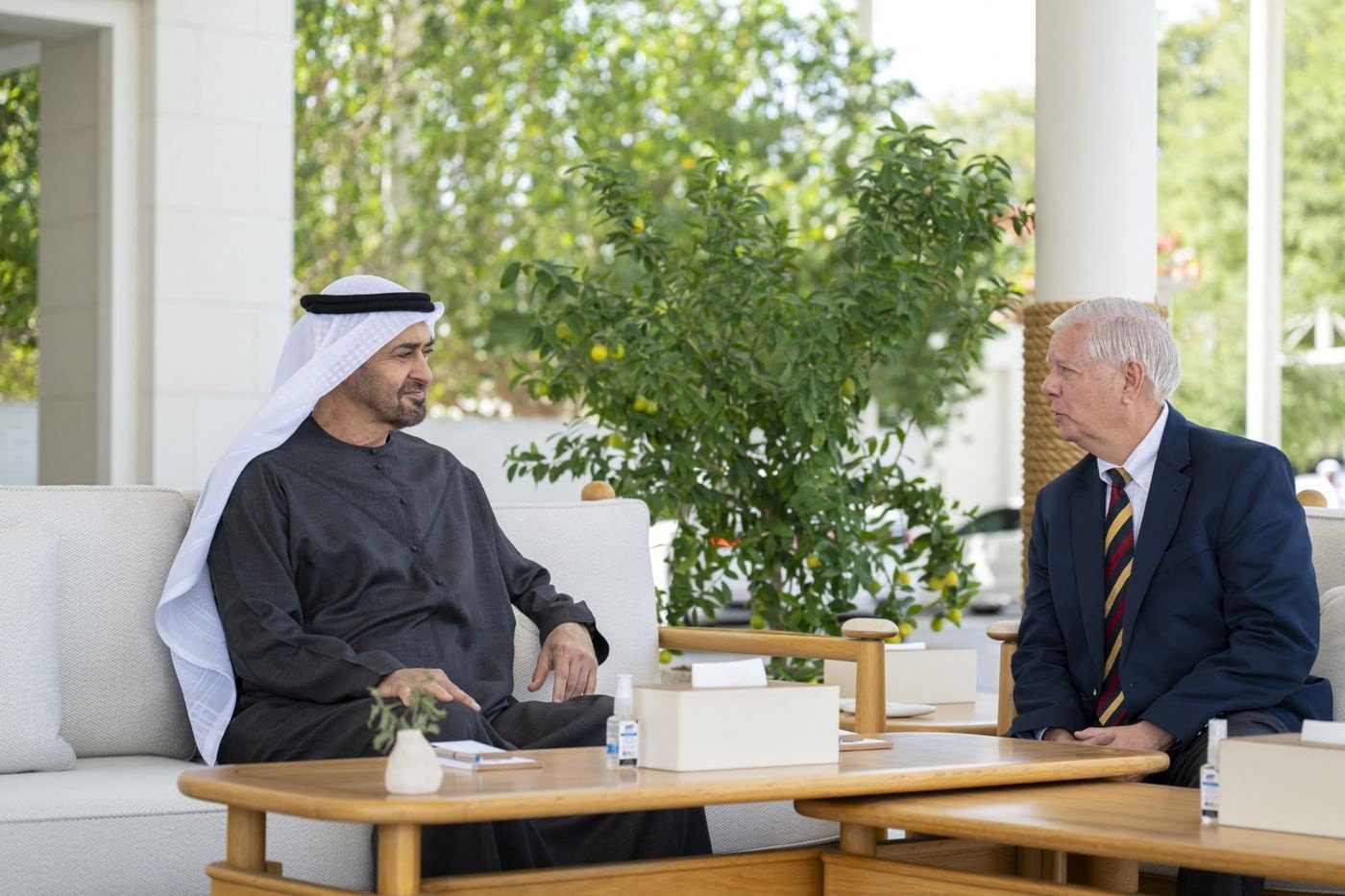

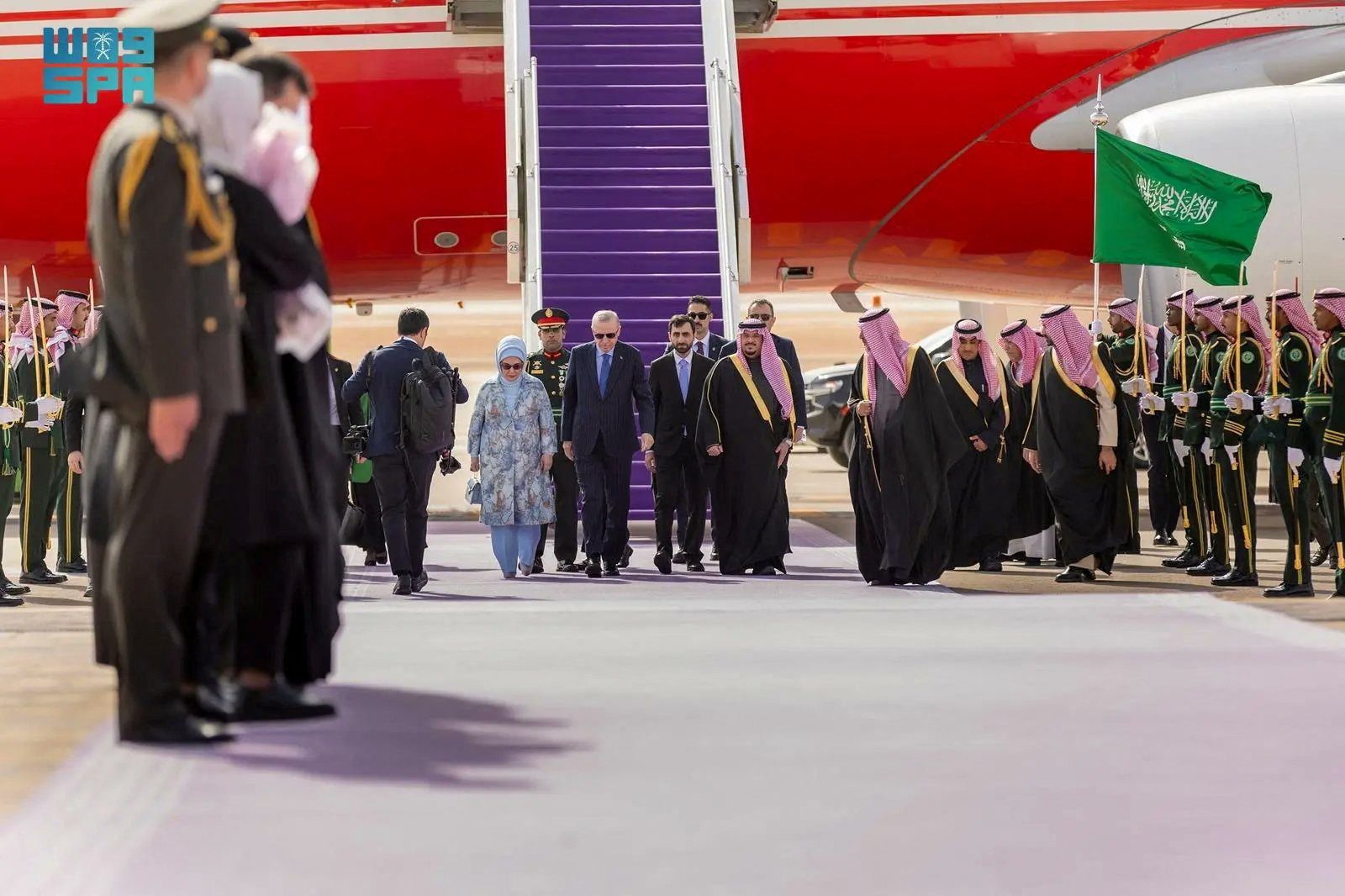
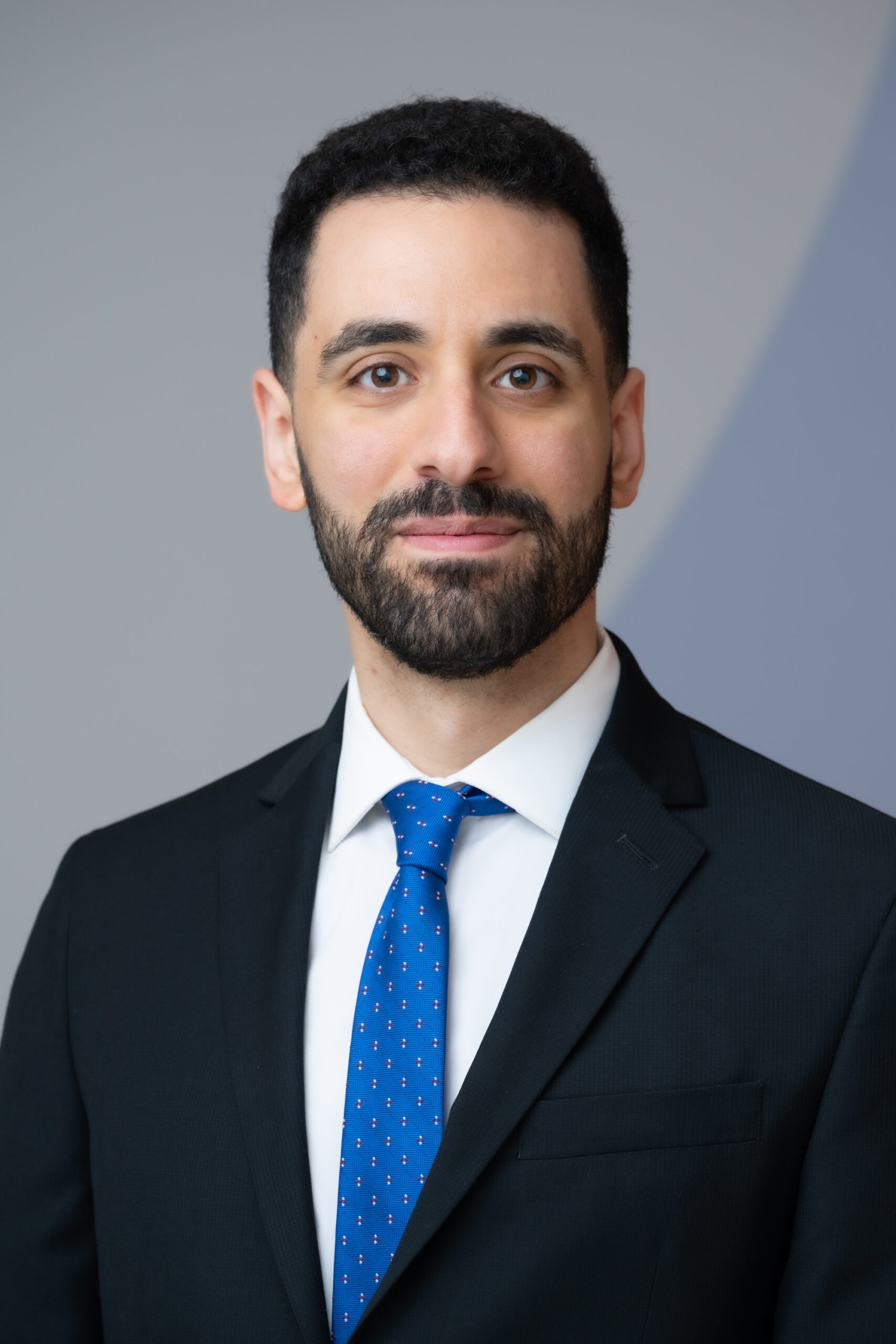
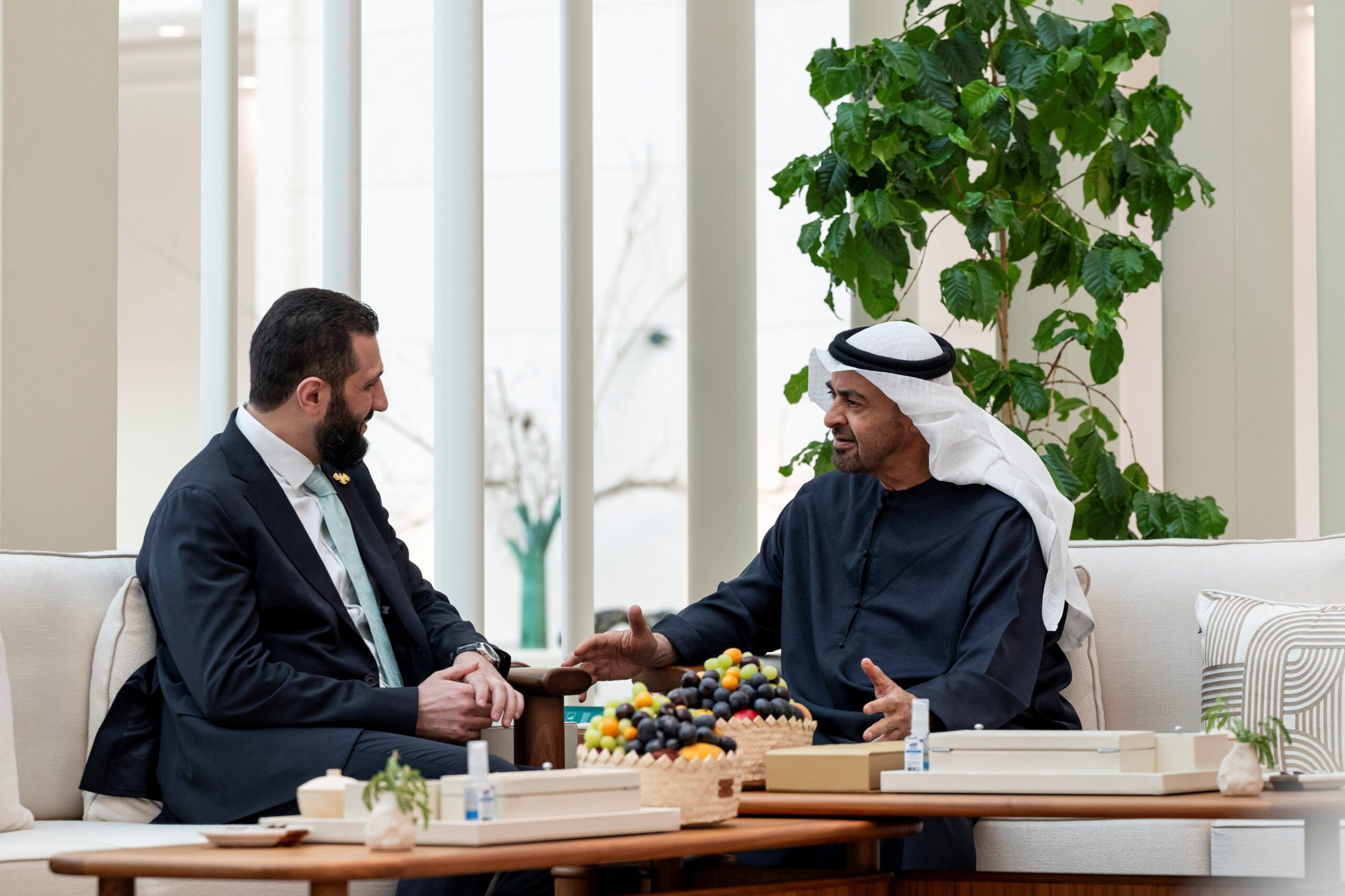

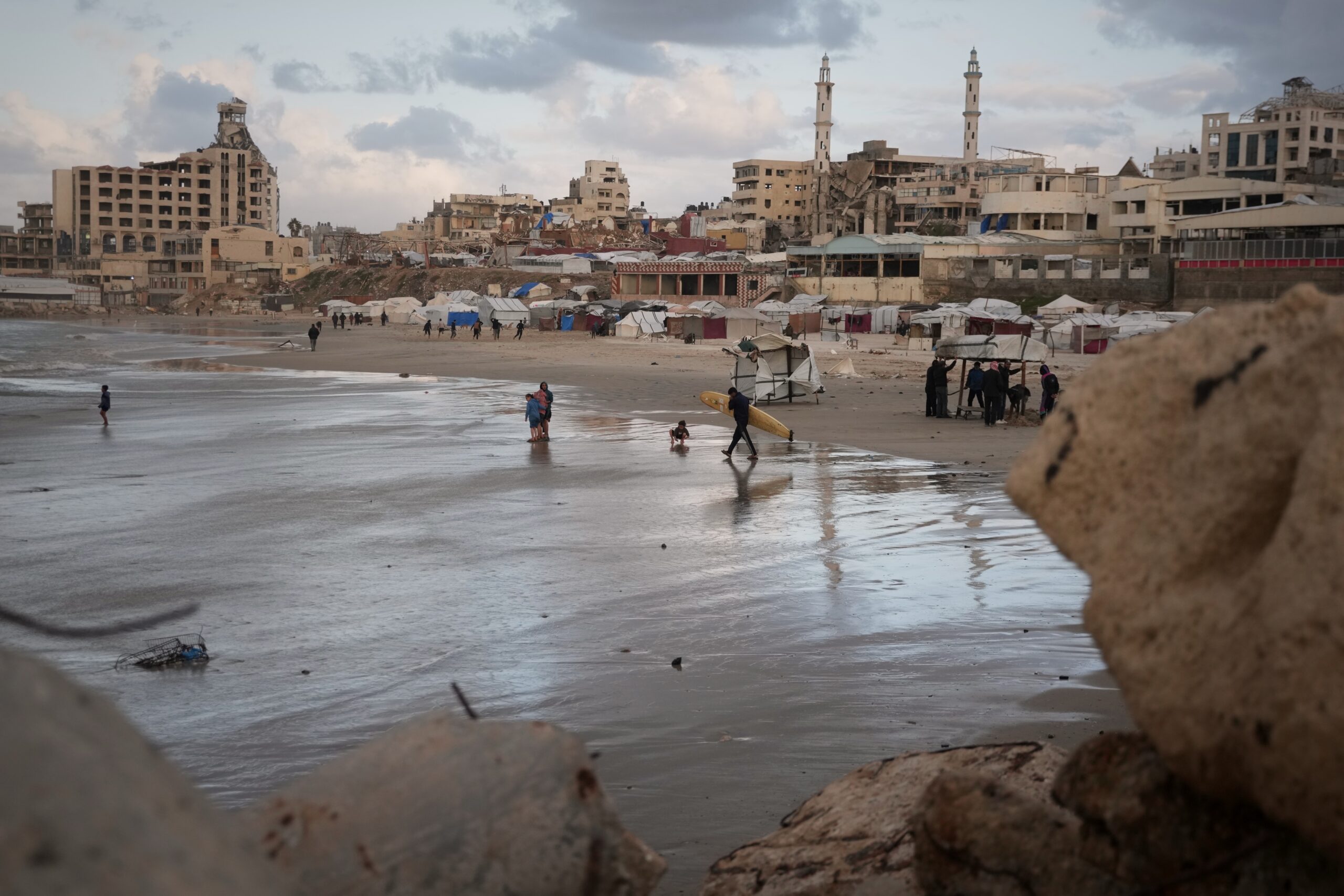






















May 31, 2016
Why the U.S. can’t disengage from the Middle East
One of the key features of late Obama-era American foreign policy is the dominant mythology that all American – and, by extension, any western – military intervention in the Middle East is doomed to failure. President Obama has said as much, with increasing intensity, in a series of interviews, and it appears to have risen...
5 min read